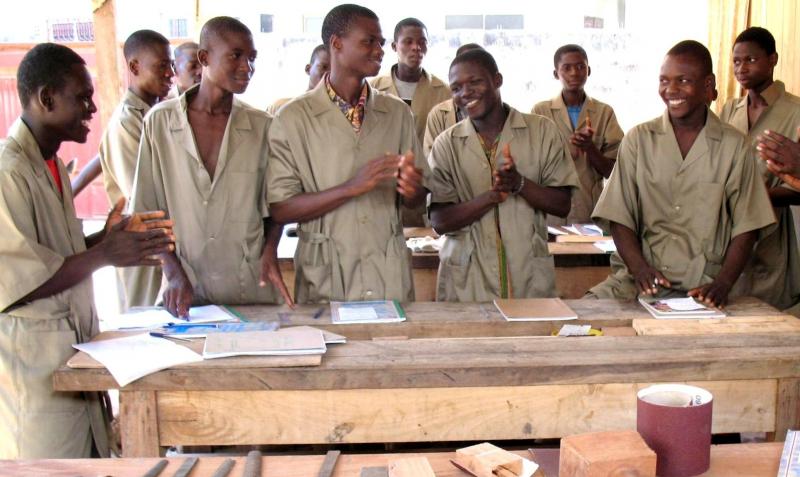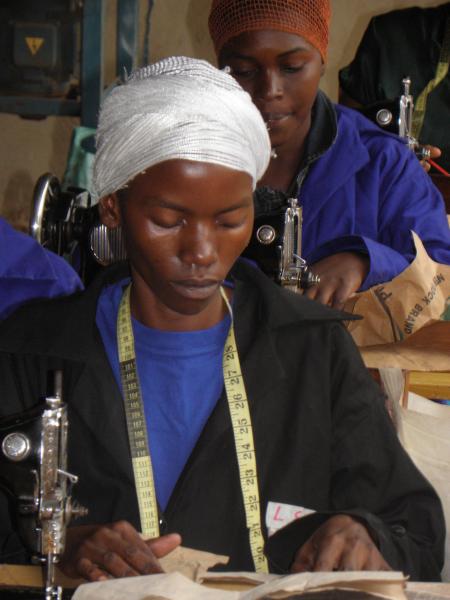
Donors are increasingly recognising the importance of Technical and Vocational Education and Training in driving economic and social development. As a result, there is a need for more and new TVET policies and support to training structures through improved international cooperation.
Over the last decade, more and more children in developing countries have received a primary level education. This has created pressure on governments and donors to provide more secondary technical and vocation training.
While TVET is an important means of building on the education of youngsters, it can also be relevant for adults and target segments of society like women’s groups.
TVET helps learners acquire skills, knowledge and attitudes needed to develop professional careers and enter the world of work, creating a vibrant labour market and contributing to economic growth.
But new policies, better support and improved cooperation requires greater agreement amongst partner on a number of TVET issues, such as:

- Needs and demands analysis, in relation to the local specific context, with particular attention to informal economy.
- Key role of private sector, a major player in TVET, in developing and implementing the institutional framework.
- The importance of solid education foundation, coherent with adequate employment policies and complemented by specific measures to facilitate access to labour market for employees and to market and credit for entrepreneurs.
- Further development of validation and certification to improve skills recognition, employability and better mobility.
- Support to regional initiatives and better sharing of experiences and knowledge to help develop national efforts.
- The development of more practical and result oriented approaches to TVET in the discussion on the future of the EU development policy.
The Commission is committed to strengthening cooperation and knowledge sharing amongst European Union Member States and stakeholders, enhancing EU capacities in the policy dialogue and providing operational support on TVET, through seminars and workshops at headquarters, in partner countries and regions.
To launch this dialogue, the EC invited for the first time experts from EU member states and stakeholders to a meeting in Brussels on 25 January 2011 which specifically focused on TVET issues in developing countries. The event proved to be the first in a series of opportunities for exchange between EU and international experts on strengthening provision of TVET.
| Upcoming TVET Events |
|
- The European Training Foundation (ETF) is organising a High-level international conference on the role of evidence in vocational education and training policies and strategies in countries of EU East and South Partnership - “Torino process, learning from evidence: From policy learning to policy making” on 10-11 May 2011, Torino, Italy. - The next ADEA (Association for the Development of Education in Africa) Triennial in Ouagadougou in November 2011 - The Third International UNESCO Congress on TVET in China in April 2012 - The UNESCO 2012 Global Monitoring Report on skills development - Annual EU events like the European Development Days |
This article is an adaptation of an item that appeared in the Meridiean, the EC’s internal newsletter, and was written by Jacques Malpel and Susanne Ziegler. The photographs are reproduced with kind permission of Swisscontact.
Log in with your EU Login account to post or comment on the platform.